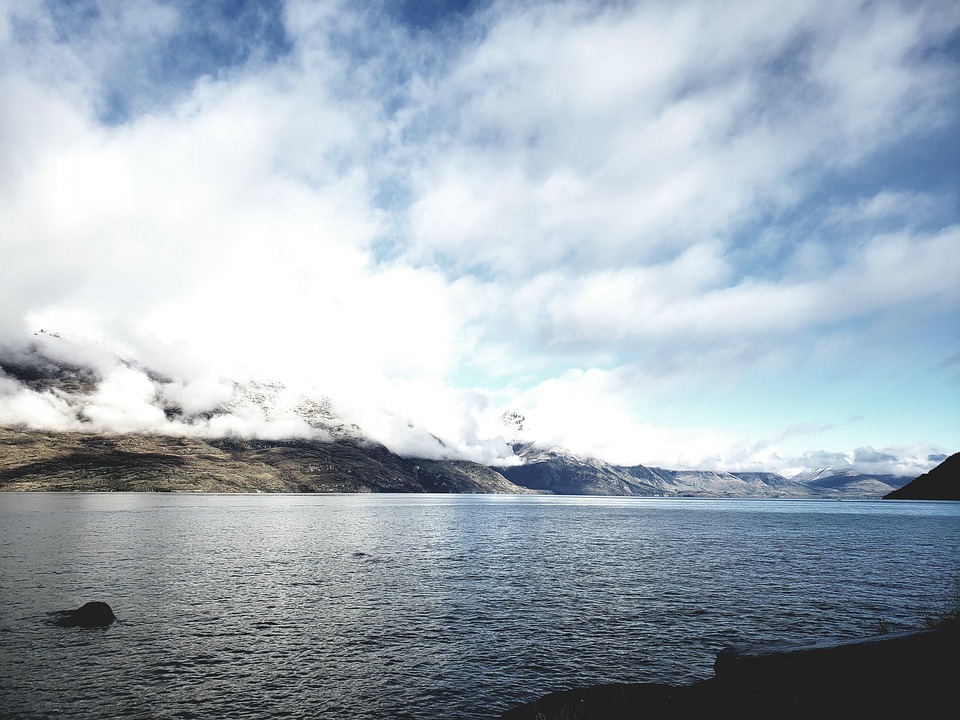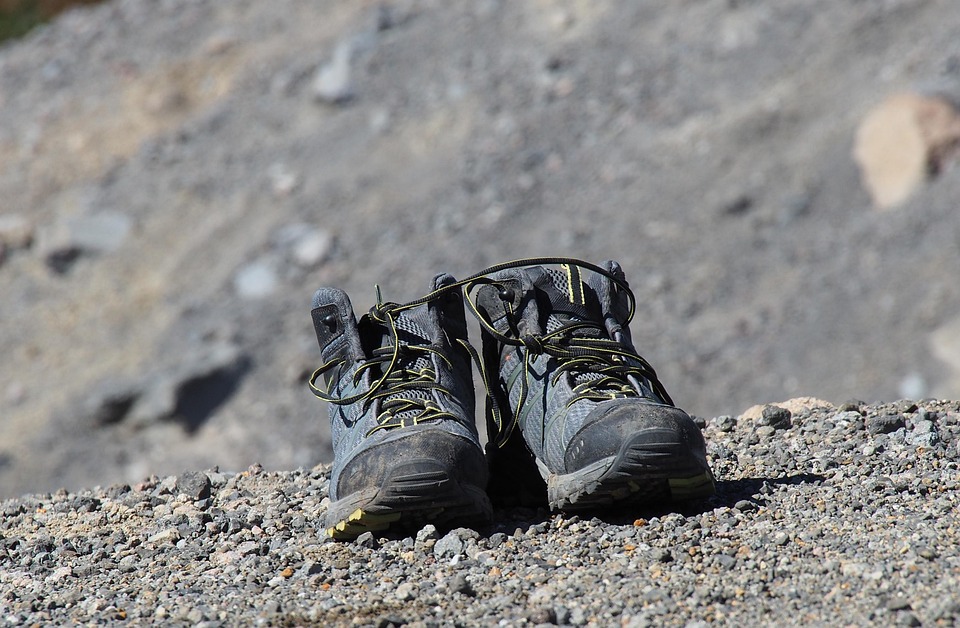For Mr. Kassis, housing is not a privilege, it is a question of survival. “We resist,” he said, “by simply existing on the ground. The occupation is not just the tank and the soldier. It restricts not only your movements, but also your thoughts, your plans, your aspirations and your vision.”
Basic services also bear the brunt of the occupation. “Our wells are located in Area C of the West Bank, where security is controlled by Israel. This is where Israeli settlements are located and settlers are attacking these water sources, threatening the supply which is already the lowest in the world per capita. At the same time, settlers are taking advantage of the swimming pools.”
To adapt, Ramallah has invested in wastewater treatment and irrigation projects, using recycled water to green the city. “When you see green, you see hope. And when you see hope, you run after hope.”
A recently installed gate in the Jenin refugee camp in the West Bank.
Cultivate resilience
The cost of occupation is measured not only in obstacles and shortages, but also in lives lost. According to the United Nations Office for the Coordination of Humanitarian Affairs (OCHA), nearly 1,000 Palestinians have been killed in the West Bank since October 2023, including more than 200 children.
For families, the burden is heavy. “We are a young company,” explains Kassis. “More than 65 percent of Ramallah’s population is under 40 years old. Half are teenagers or children. Their parents, he says, want them to live freely and experience life, but they fear harassment and arbitrary detention.
“There are thousands of prisoners. Every day, people are detained without a court order and kept in prison for six months, which can be renewed. The idea is to kill our spirit.” Nevertheless, he insists, resilience continues: “Look at Gaza. Look at the children who are smiling. For me, that’s resilience. These people, they choose life despite everything.”
As mayor, he believes that resilience must be maintained at the grassroots: through education, green spaces and pride in the territory. “We built it through years of hard work and education so that children would cherish life, cherish the beauty of the city, love the land, belong to the land. These are things that we do, that are part of our DNA in the municipality.”
Roadblocks separating the entrance to Ramallah from the northern West Bank.
A way forward
The UN has long supported a two-state solution as a framework for resolving the Israeli-Palestinian conflict: an independent Palestinian state living side by side with Israel in peace and security. Key issues that remain to be resolved include borders, settlements, the status of Jerusalem, refugees and security arrangements.
Until this vision is realized, Kassis says, Ramallah residents will continue to hold out hope: one house, one family, one tree at a time.
Originally published at Almouwatin.com








